Home>diy>Building & Construction>What Is A Construction Developer
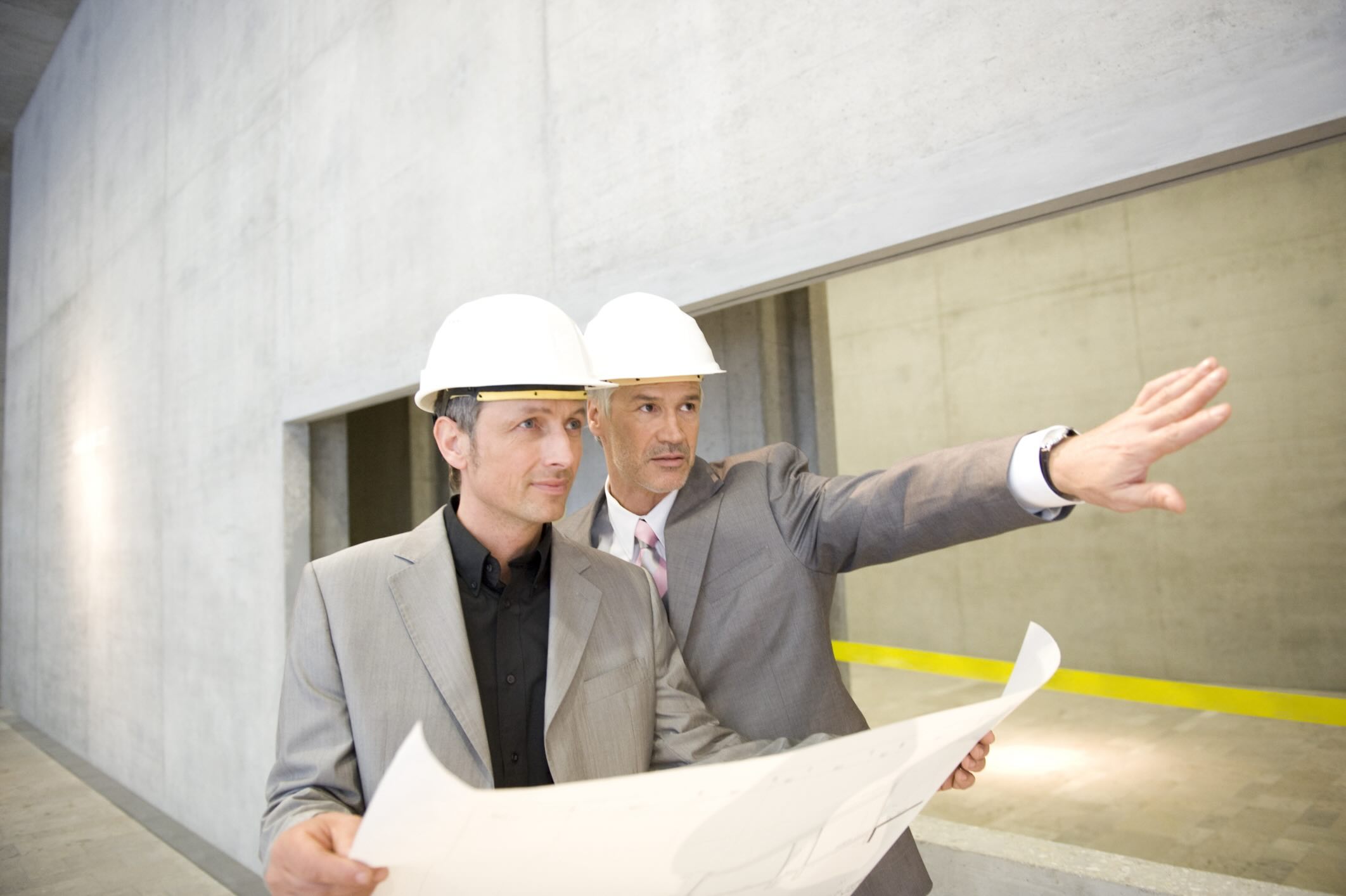

Building & Construction
What Is A Construction Developer
Modified: January 23, 2024
Discover what a construction developer does and how they contribute to the building construction industry. Learn about the role and responsibilities of a construction developer.
(Many of the links in this article redirect to a specific reviewed product. Your purchase of these products through affiliate links helps to generate commission for Storables.com, at no extra cost. Learn more)
Introduction
Welcome to the world of construction development, where vision and expertise come together to shape the built environment. Construction developers play a crucial role in transforming ideas into reality, overseeing the planning, design, and construction of various projects. Whether it’s residential complexes, commercial buildings, or infrastructure development, construction developers are at the forefront, ensuring successful project delivery.
A construction developer is an individual or a company that takes on the responsibility of managing and coordinating all aspects of a construction project. From land acquisition and feasibility studies to obtaining permits and managing budgets, developers are involved in every stage of the construction process.
With their deep knowledge of the construction industry, developers work closely with architects, engineers, contractors, and other professionals to bring a project from concept to completion. They possess a unique combination of skills, including business acumen, project management expertise, and a keen understanding of building regulations and codes.
The role of a construction developer goes beyond the physical construction of the project. They are not only responsible for coordinating the various stakeholders involved but also for ensuring that the project meets both the client’s expectations and regulatory requirements.
In this article, we will delve deeper into what it means to be a construction developer, explore their duties and responsibilities, discuss the skills and qualifications required for the role, and shed light on the importance of construction developers in the industry.
Key Takeaways:
- Construction developers are the visionary leaders of construction projects, overseeing every aspect from land acquisition to project completion. Their multifaceted roles drive economic growth and shape sustainable communities.
- Despite facing challenges such as regulatory hurdles and financing constraints, construction developers possess the resilience and expertise to navigate complexities and deliver successful projects. Their contributions shape the built environment and drive economic growth.
Read more: What Does A Developer Do In Construction
Definition of a Construction Developer
A construction developer is a professional or a company that takes on the role of planning, coordinating, and managing the development of a construction project. They are responsible for overseeing every aspect of the project, from its inception to its completion.
Developers act as the driving force behind a construction project, responsible for its success and ensuring that it aligns with the client’s vision and objectives. They are involved in various stages, including project initiation, feasibility studies, site acquisition, design development, financing, construction, and project marketing.
One of the primary roles of a construction developer is to identify and acquire suitable land for the project. They conduct thorough research, analyzing market trends, location demographics, and zoning regulations to determine the viability of a site. Once a suitable site is identified, developers negotiate with landowners or property agents to secure the property.
Once the land is acquired, the developer begins the process of planning and design. They work closely with architects, engineers, and other design professionals to create a comprehensive plan that meets the client’s requirements while adhering to building codes and regulations.
Financial management is another crucial aspect of the role. Developers must secure financing for the project, either through private lenders, banks, or investors. They are responsible for preparing detailed budgets and financial projections, ensuring that the project remains within budget and profitable.
During the construction phase, developers oversee the hiring of contractors and subcontractors, manage the construction timeline, and ensure that the project is progressing according to plan. They also handle any issues or challenges that may arise during construction, making necessary adjustments to keep the project on track.
In summary, a construction developer is a key stakeholder in the construction industry. They play a vital role in the planning, coordination, and management of construction projects, ensuring their successful completion within budget and designated timelines. Their expertise and knowledge of the industry contribute to the creation of exceptional structures that shape our cities and communities.
Duties and Responsibilities of a Construction Developer
The role of a construction developer encompasses a wide range of duties and responsibilities. They are responsible for overseeing all aspects of a construction project, from its initial conception to its final completion. Let’s explore some of the key duties and responsibilities of a construction developer:
- Project Planning: Construction developers are responsible for defining the scope of the project and creating a comprehensive plan. This includes conducting feasibility studies, evaluating potential risks, and determining project objectives and deliverables.
- Land Acquisition: Developers identify and acquire suitable land for the construction project. They analyze market trends, location demographics, and zoning regulations to select the most appropriate site. Negotiating land deals and handling legal aspects such as acquiring permits and easements are also part of their responsibilities.
- Design and Development: Working closely with architects, engineers, and other design professionals, developers help transform project concepts into detailed design plans. They ensure that the design meets the client’s requirements and aligns with building codes and regulations.
- Financial Management: Construction developers play a crucial role in securing financing for the project. They prepare detailed budgets, financial projections, and construction cost estimates. They negotiate with lenders, banks, and investors to secure funding and manage the project’s financial aspects throughout its lifecycle.
- Contracting and Procurement: Developers oversee the hiring of contractors, subcontractors, and suppliers. They review bids and proposals, negotiate contracts, and ensure that all parties involved in the project adhere to agreed terms and conditions. Regularly reviewing and monitoring the performance of contractors is also part of their responsibilities.
- Project Management: Construction developers act as project managers, overseeing the entire construction process. They create project schedules, manage timelines, and coordinate with various stakeholders to ensure smooth workflow and timely completion. They also handle any issues or challenges that arise during construction, making necessary adjustments to keep the project on track.
- Quality Assurance and Compliance: Developers are responsible for ensuring that the construction project meets quality standards and regulatory requirements. They carry out regular inspections and coordinate with inspectors to ensure compliance with building codes, safety guidelines, and environmental regulations.
- Marketing and Sales: In some cases, construction developers are also responsible for marketing and selling the completed project. They develop marketing strategies, collaborate with real estate agents, and handle negotiations with potential buyers or tenants.
These are just a few of the many duties and responsibilities that construction developers undertake. Their expertise, attention to detail, and ability to navigate the complexities of construction projects make them vital players in the industry.
Skills and Qualifications Required for a Construction Developer
Being a construction developer requires a unique combination of skills, expertise, and qualifications. The role demands a strong understanding of the construction industry, project management, finance, and communication. Let’s explore some of the key skills and qualifications necessary for a successful career as a construction developer:
- Construction Knowledge: A solid foundation in construction principles, techniques, and materials is essential. Developers should have a deep understanding of building codes, regulations, and industry best practices. Knowledge of different construction methods and systems is also valuable.
- Project Management: Construction developers must possess strong project management skills to oversee every aspect of the project from start to finish. This includes the ability to plan, organize, and coordinate multiple tasks and stakeholders effectively. They should be skilled in managing budgets, schedules, and resources.
- Financial Acumen: Developers need a strong understanding of finance and accounting principles. They should be able to create and analyze detailed budgets, financial projections, and construction cost estimates. Knowledge of financing options, investment analysis, and risk assessment is also beneficial.
- Negotiation and Communication: Excellent negotiation and communication skills are crucial for dealing with contractors, suppliers, investors, and other stakeholders. Developers should be able to clearly convey their vision, collaborate effectively, and resolve conflicts that may arise during the construction process.
- Problem-Solving Abilities: Construction projects often encounter challenges and obstacles that require quick thinking and problem-solving skills. Developers should be adept at evaluating situations, identifying issues, and developing practical solutions to keep the project on track.
- Analytical Thinking: Developers need to analyze data, perform feasibility studies, and assess project risks. They should be able to evaluate the financial viability and potential profitability of a project. Analytical thinking helps in making informed decisions and mitigating potential risks.
- Attention to Detail: Construction projects involve intricate details that must be carefully monitored. Developers should have a keen eye for detail to ensure that construction is of high quality and compliant with regulations. Attention to detail also helps in detecting potential issues or discrepancies before they become problems.
- Education and Experience: A bachelor’s degree in construction management, civil engineering, or a related field is typically required to become a construction developer. Additional certifications, such as Project Management Professional (PMP) or LEED Accredited Professional (LEED AP), can enhance one’s qualifications. Relevant experience in construction, project management, or real estate development is highly valued.
These skills and qualifications provide a strong foundation for a successful career as a construction developer. Continuous learning and staying updated with industry trends and advancements are also vital for professional growth in this field.
A construction developer is responsible for overseeing the planning, design, and construction of a project. They manage the budget, schedule, and ensure quality workmanship. It’s important to choose a developer with a proven track record and strong project management skills.
Differences Between a Construction Developer and a General Contractor
While construction developers and general contractors both play essential roles in the construction industry, their responsibilities and functions differ significantly. It is crucial to understand these differences to effectively navigate the world of construction projects. Let’s explore the distinctions between a construction developer and a general contractor:
- Scope of Work: A construction developer is responsible for the overall planning, coordination, and management of a construction project. They oversee various aspects, including land acquisition, design, financing, and project marketing. On the other hand, a general contractor focuses on the physical construction of the project. They execute the plans, manage subcontractors, and ensure that the project is built according to specifications and within the designated timeline.
- Ownership and Risk: Construction developers are often the owners or main stakeholders of the project. They bear the financial risks associated with the development and success of the project. General contractors, on the other hand, are typically contracted by the developer or project owner to complete the construction work. They carry the risk of ensuring that the construction is executed efficiently, but they do not have the same financial stake as the developer.
- Contractual Relationships: Construction developers contract and manage various professionals involved in the project, such as architects, engineers, and general contractors. They are responsible for negotiating contracts and ensuring that all parties fulfill their obligations. General contractors, on the other hand, may have subcontractors and suppliers working under them. They are responsible for hiring and managing these subcontractors, scheduling their work, and overseeing their performance.
- Project Control: Construction developers retain control over the project’s vision, objectives, and decision-making throughout the development process. They drive the project forward, from concept to completion. General contractors, on the other hand, mainly focus on executing the plans and specifications provided by the developer or design team. They may provide input and suggestions during the construction phase, but the ultimate decisions rest with the developer.
- Financial Responsibility: Developers bear the responsibility of securing financing for the project, managing the budget, and ensuring that the project remains financially viable. They are tasked with marketing and selling the completed project to prospective buyers or tenants. General contractors are typically paid based on a set contract price or a percentage of the overall project cost. Their focus is on completing the project within budget and delivering it to the developer as agreed.
These differences highlight the distinct roles and responsibilities of construction developers and general contractors in the construction industry. While developers focus on the overall project planning, coordination, and financial aspects, general contractors perform the physical construction and manage subcontractors. Both roles are vital for successful project execution and collaboration between the developer and contractor is essential to achieve project goals.
Read more: What Is An Infill Development Site
Importance of Construction Developers in the Industry
Construction developers play a vital role in the industry, shaping the built environment and driving economic growth. Their expertise and contributions are essential for the successful completion of construction projects. Let’s explore the importance of construction developers in the industry:
- Project Vision and Planning: Construction developers are responsible for defining the vision and objectives of a project. They consider market demands, client requirements, and sustainability factors to create a comprehensive plan. Developers ensure that projects align with urban planning goals, enhance communities, and meet the needs of end-users.
- Driving Economic Growth: Construction projects led by developers contribute significantly to the local economy. They generate employment opportunities, stimulate demand for construction materials and services, and attract investments. The construction sector, driven by developers, plays a crucial role in economic development and regional prosperity.
- Community Development: Construction developers have the power to transform communities by creating innovative and sustainable projects. They introduce new residential complexes, commercial spaces, and infrastructure that enhance the quality of life for residents. Developers consider the social and environmental impacts of their projects, aiming to create sustainable and inclusive communities.
- Managing Complexity: Construction projects are complex and involve coordination and collaboration among multiple stakeholders. Developers possess the knowledge and skills to manage this complexity. They liaise with architects, engineers, contractors, and regulatory authorities to ensure seamless project delivery. Developers handle issues such as permits, zoning restrictions, and compliance with building codes.
- Risk Management: Construction projects are subject to various risks, such as cost overruns, delays, and unforeseen challenges. Developers assess project risks, implement risk management strategies, and mitigate potential issues. Their experience and expertise help in minimizing project risks, ensuring timely completion within budget.
- Innovation and Creativity: Construction developers drive innovation and creativity in the industry. They introduce new design concepts, construction techniques, and sustainable practices. Developers strive to create iconic structures that push the boundaries of architectural and engineering excellence, leaving a lasting impact on the built environment.
- Meeting Market Demand: Developers identify market demands and trends, strategically choosing projects that fulfill the needs of end-users. They analyze market conditions, demographics, and economic factors to make informed decisions. By meeting market demand, developers contribute to a balanced and sustainable real estate market.
Without construction developers, the industry would lack the leadership and vision necessary to bring construction projects to fruition. Their ability to navigate complexities, manage risks, and create innovative structures is crucial for the growth and development of cities and communities. Construction developers play a pivotal role in shaping our built environment, enhancing economic growth, and improving the quality of life for individuals and communities alike.
Challenges Faced by Construction Developers
Construction developers face a range of challenges as they navigate the complex landscape of bringing construction projects to completion. These challenges can arise from various aspects of the project and the industry as a whole. Let’s delve into some of the common challenges faced by construction developers:
- Land Acquisition: Finding suitable land for development can be a significant challenge. Developers must overcome factors such as limited availability of suitable sites, high land prices, and competing interests for the same piece of land.
- Regulatory and Permitting Hurdles: Navigating through the web of regulations and obtaining necessary permits can be time-consuming and complex. Developers must understand and comply with zoning regulations, environmental requirements, and building codes, while also addressing potential obstacles and delays in the permitting process.
- Financing and Capital Constraints: Accessing financing for construction projects can present challenges, especially for smaller developers or projects with high risks. Securing loans, attracting investors, or finding suitable financial partners amidst fluctuating market conditions and economic uncertainties can be daunting.
- Market Fluctuations: The construction industry is susceptible to market fluctuations and economic cycles. Developers must carefully assess market demand and timing to avoid the risk of oversupply or undersupply, as well as the volatility of construction costs and availability of construction materials.
- Contractor and Supplier Management: Managing contractors, subcontractors, and suppliers can be challenging, particularly in ensuring timely delivery, quality workmanship, and adherence to project specifications. Coordinating schedules, resolving disputes, and maintaining open communication channels require effective management skills.
- Project Risks and Uncertainties: Construction projects are inherently risky. Unexpected events such as weather conditions, labor shortages, design changes, or construction issues can affect project timelines and budgets. Developers must anticipate and mitigate these risks through careful planning and risk management strategies.
- Sustainability and Green Building: Growing emphasis on sustainability and green building practices adds complexity to the development process. Developers need to navigate evolving regulations, incorporate sustainable design principles, and source environmentally friendly materials—all while balancing cost considerations.
- Community and Stakeholder Engagement: Engaging with local communities, government entities, and other stakeholders is critical for successful project execution. Developers must manage community expectations, address concerns, and build positive relationships to gain support and cooperation throughout the development process.
Despite these challenges, construction developers possess the knowledge, skills, and determination to overcome obstacles and deliver successful projects. Flexibility, adaptability, and a proactive approach are key in addressing the ever-evolving challenges encountered in the construction industry.
Conclusion
Construction developers are the driving force behind the successful execution of construction projects. Their roles are multifaceted, merging business acumen, project management expertise, and industry knowledge to transform concepts into tangible structures. Throughout the entire development process, developers provide leadership, navigate challenges, and ensure that projects meet the vision, objectives, and requirements of clients and stakeholders.
From land acquisition and feasibility studies to design development, financing, and construction management, developers oversee every aspect of a project. They play a crucial role in driving economic growth, creating sustainable communities, and shaping the built environment. Their ability to balance market demands, regulatory requirements, and financial considerations is key to the success of construction projects.
Construction developers possess a unique skill set, including construction knowledge, project management expertise, financial acumen, negotiation skills, and problem-solving abilities. Their ability to manage complexities, mitigate risks, and foster collaboration among various stakeholders is crucial in achieving project success.
However, construction developers also face challenges such as land acquisition hurdles, regulatory complexities, financing limitations, market fluctuations, and contractor management. Overcoming these challenges requires resilience, adaptability, and strategic thinking. Developers must stay updated with industry trends, embrace innovation, and anticipate potential obstacles to ensure smooth project execution.
In conclusion, construction developers are integral to the growth and development of the construction industry. Their contributions help create sustainable communities, stimulate economic growth, and enhance the quality of life for individuals and communities alike. By bringing together their expertise, skills, and determination, construction developers continue to shape our built environment and leave a lasting impact for generations to come.
Frequently Asked Questions about What Is A Construction Developer
Was this page helpful?
At Storables.com, we guarantee accurate and reliable information. Our content, validated by Expert Board Contributors, is crafted following stringent Editorial Policies. We're committed to providing you with well-researched, expert-backed insights for all your informational needs.
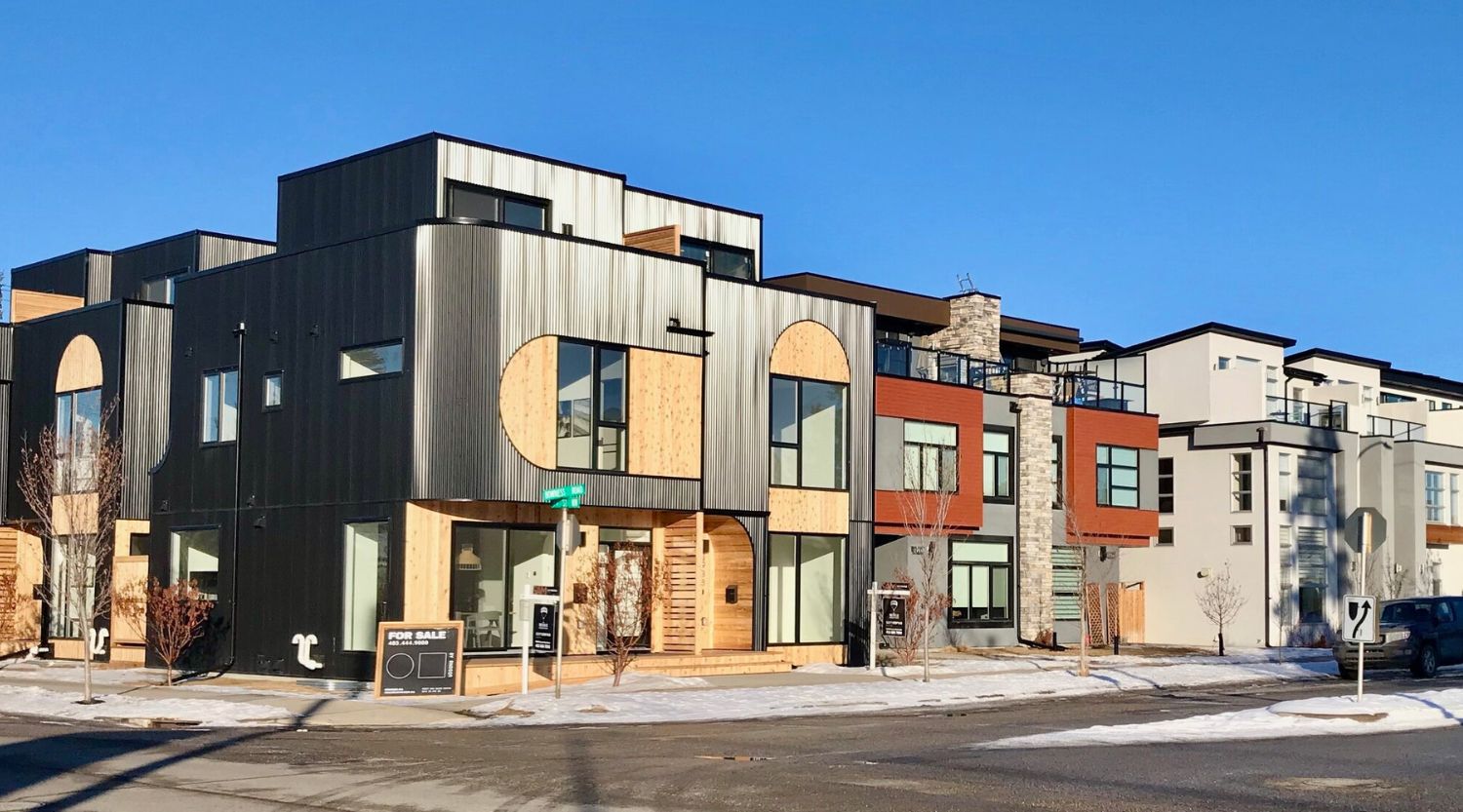
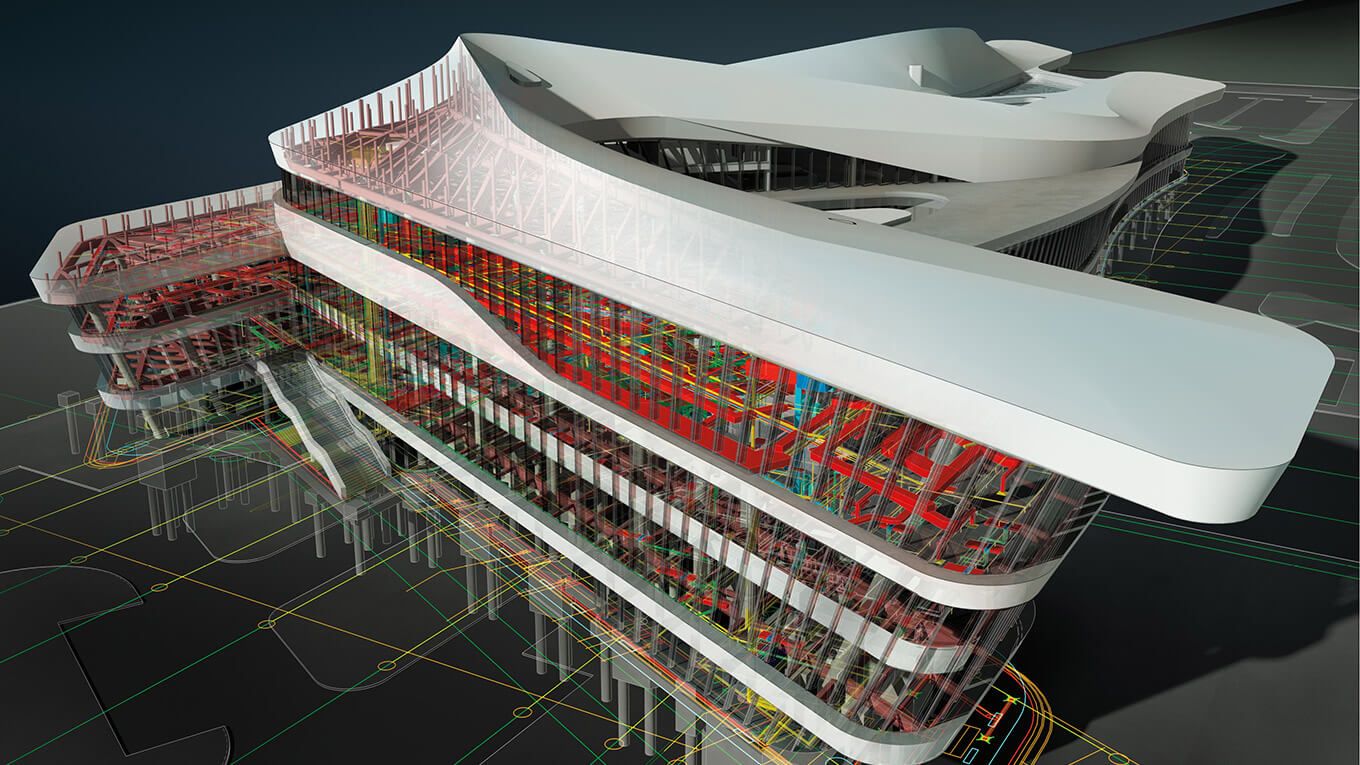



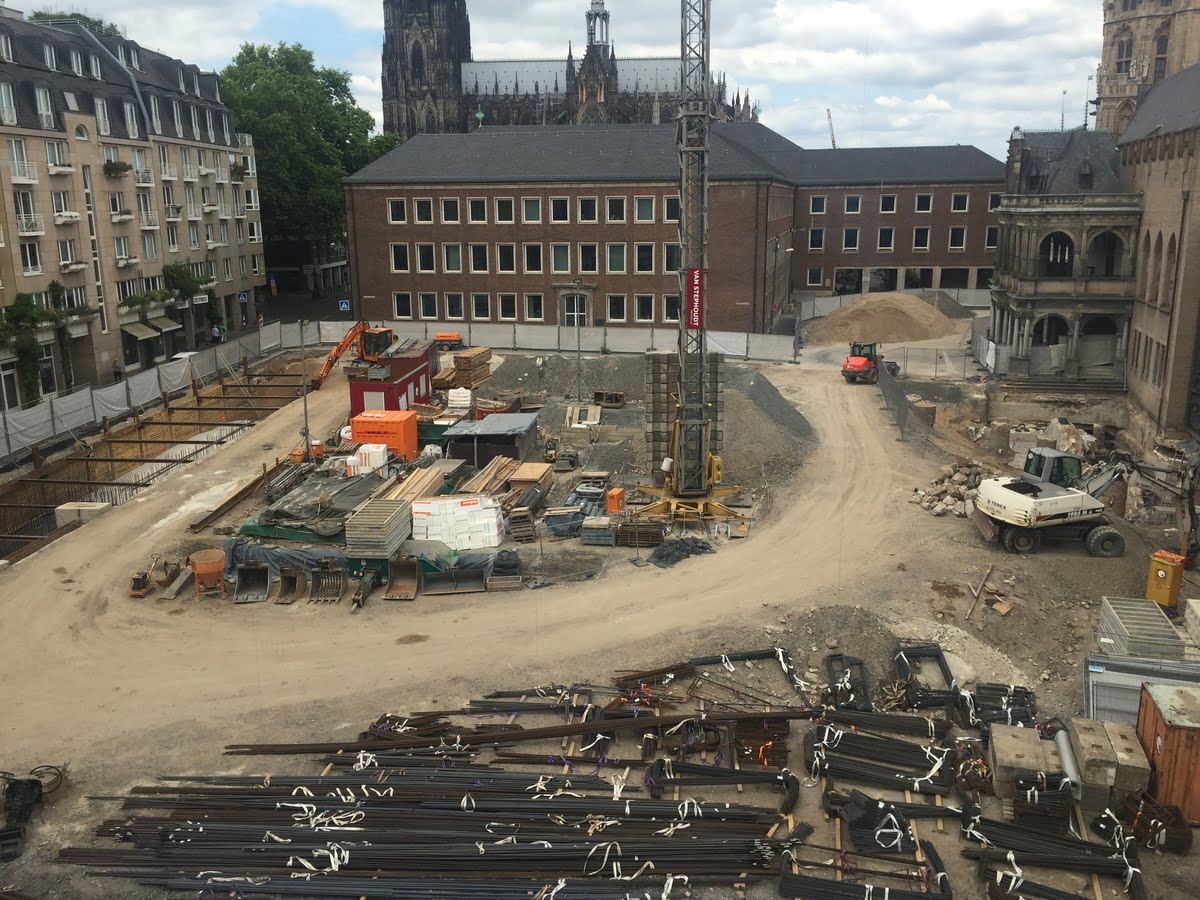

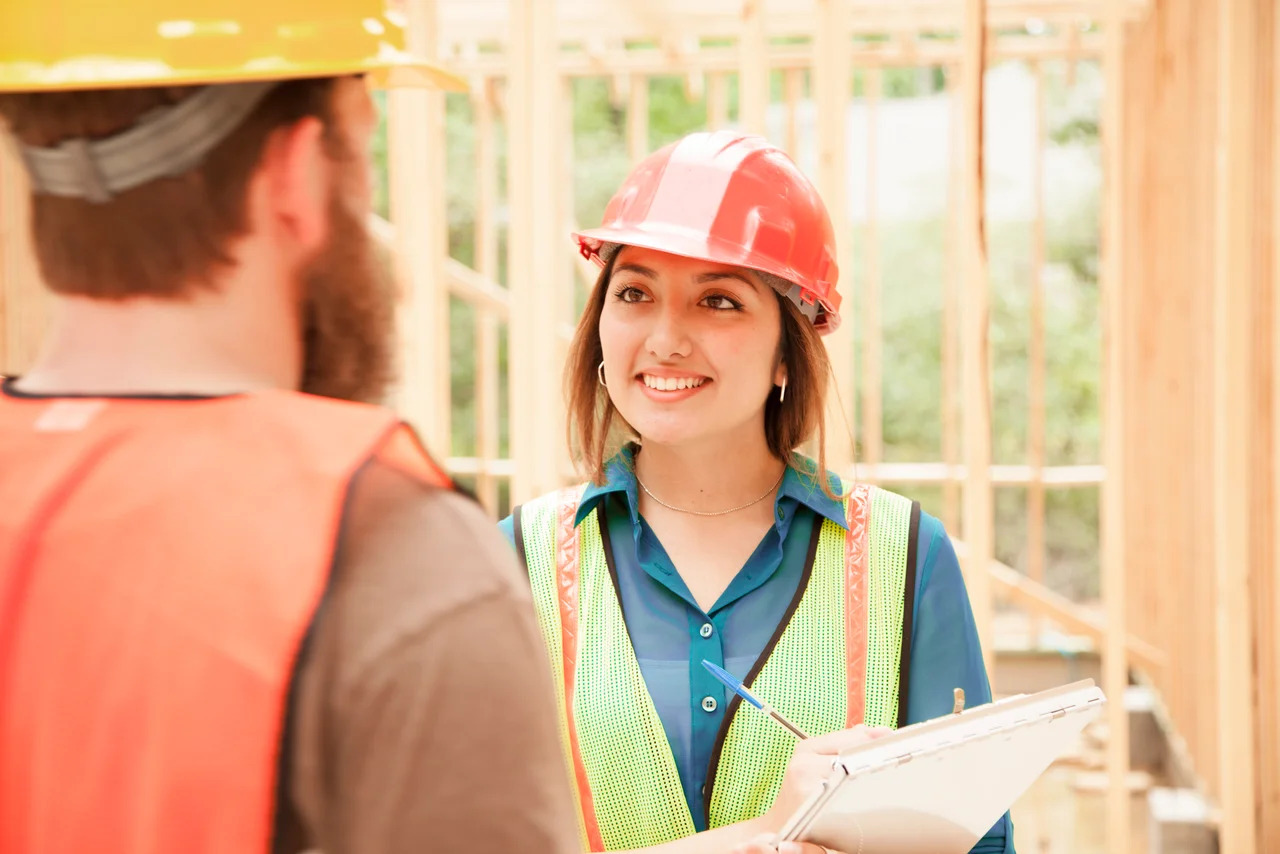
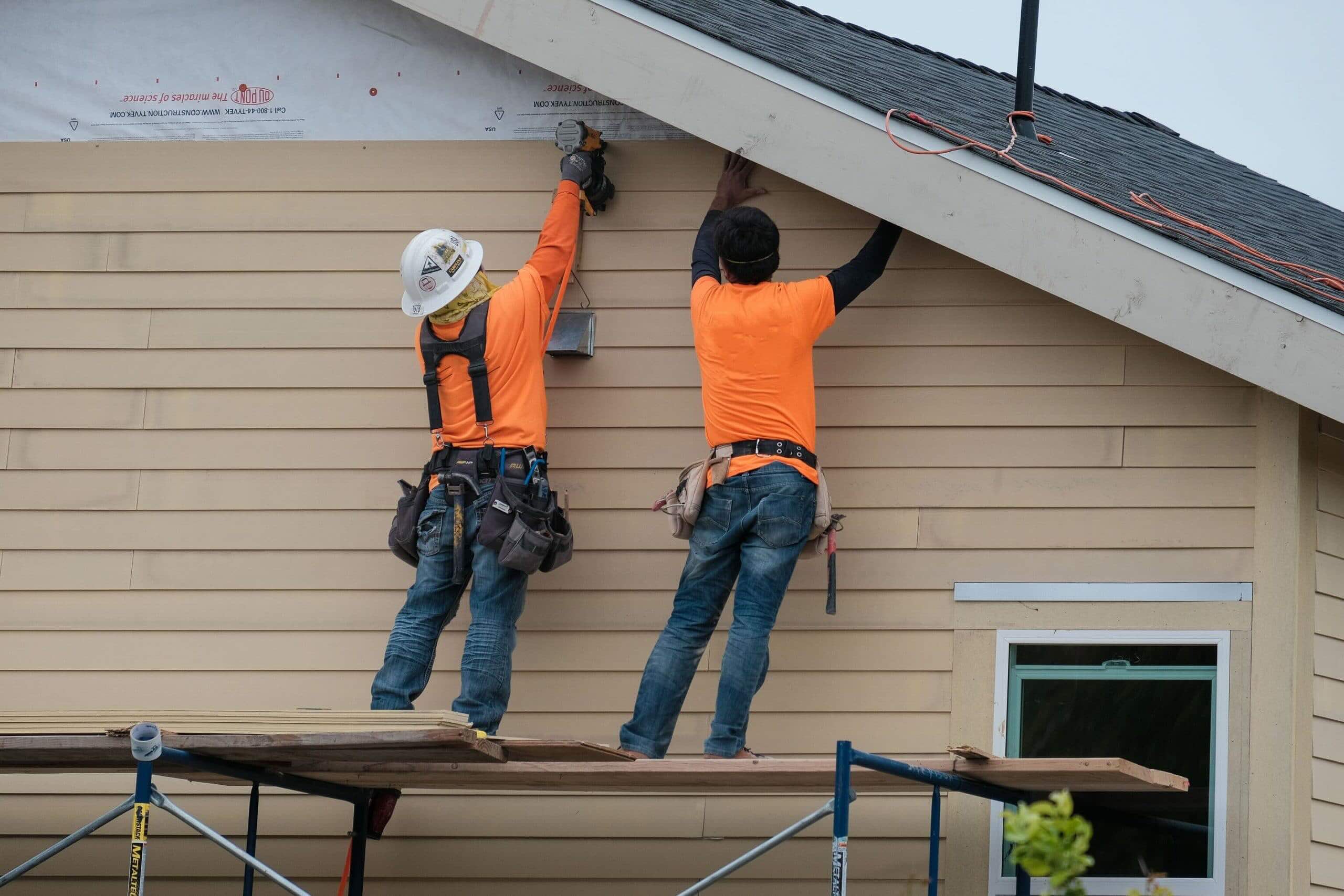
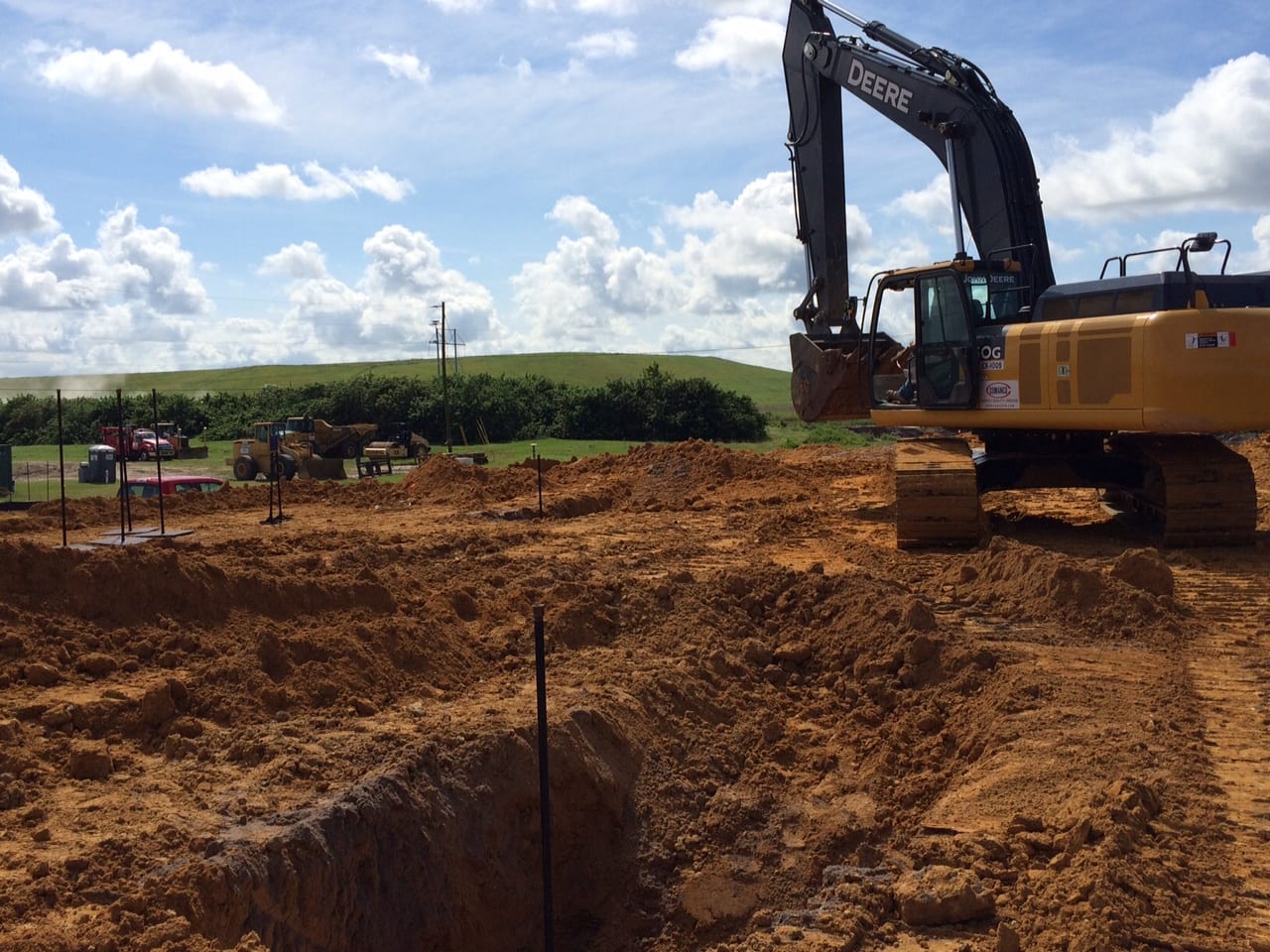
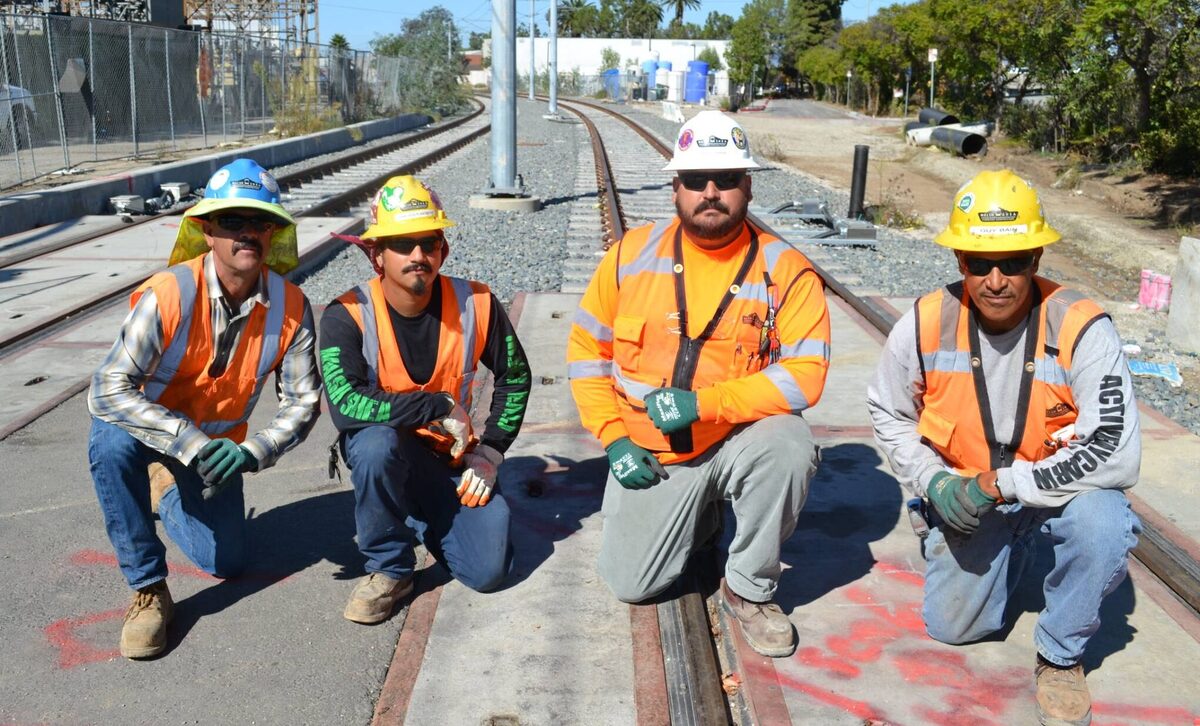
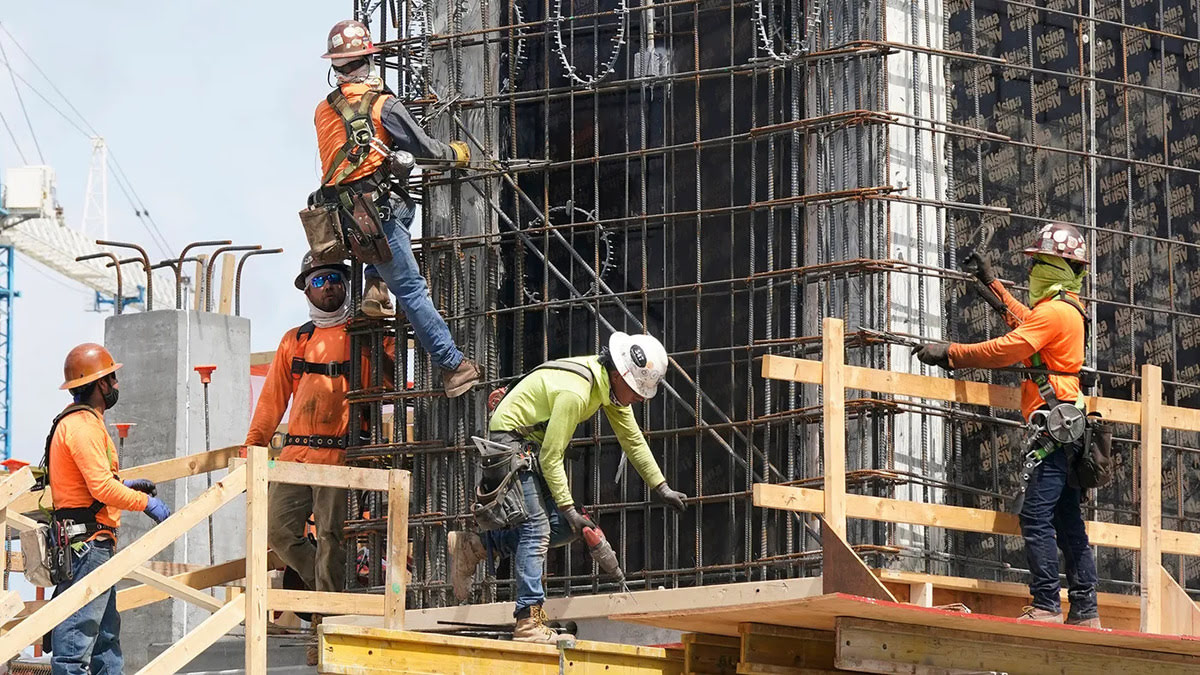
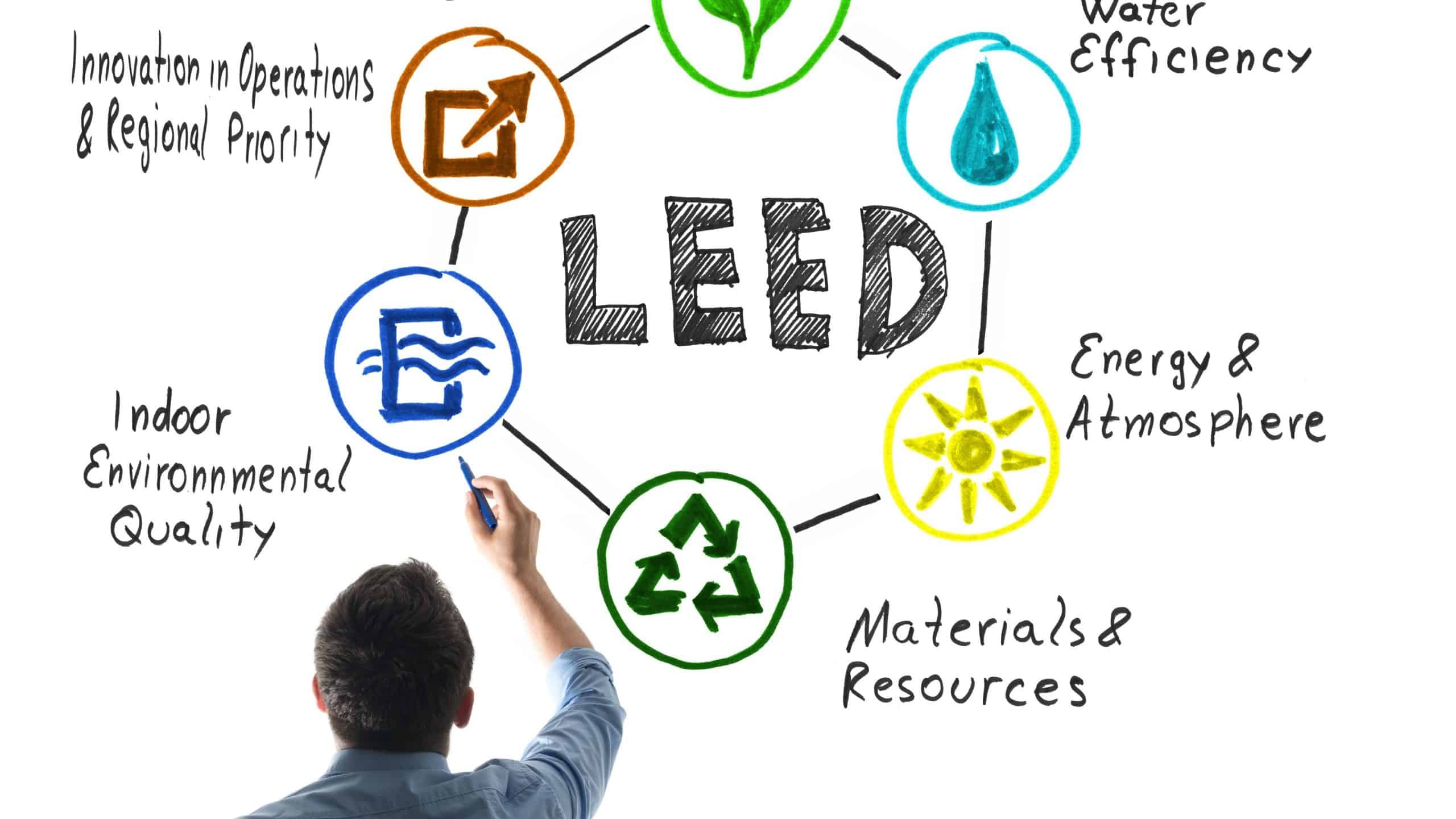


0 thoughts on “What Is A Construction Developer”